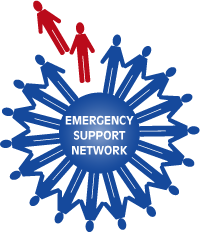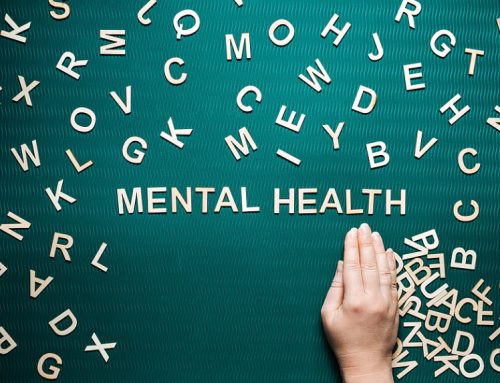A concept which is receiving an increasing amount of attention across many occupational areas is “Psychological Safety”. This term can be defined as actions taken within an organisation to ensure the mental and emotional well-being of individuals within the work-group. Around Australia and New Zealand, Psychological Safety has great importance from OSH and “duty of care” perspectives.
In the workplace there are a number of psychosocial hazards that can affect employee mental and physical health, as well as productivity and morale. These include, but are not limited to:
- Workplace bullying and harassment
- Role ambiguity / conflict
- Career stagnation
- Unsafe job design
- Poor safety culture and incident prevention
- Unsafe physical environment
- Lack of peer / managerial support
- Poor interface between work and home
There are a number of steps which can be taken to enhance Psychological Safety in an organisation, including to:
- Foster a stress-minimisation culture. This approach sees stress as an organisational issue in which all personnel are encouraged to take some responsibility, rather than as a clinical problem belonging to individuals.
- Implement a psychosocial hazard audit as part of the overall organisational risk management plan.
- Develop a supportive organisational climate. This includes recognition of people, building good communication channels, reviewing the psychosocial aspects of work-roles, management of grievances and ensuring organisational change takes into account the needs of the people involved, not just the technical requirements.
- Make sure that HR systems and processes for selection, placement, performance management, development and career management are appropriate.
- Provide support and training to supervisors and managers, not just in ensuring performance and technical aspects are achieved, but in having a good understanding of stress and how to recognise and deal with stress issues in their work-group.
- Develop an effective Employee Assistance Program (EAP) to enable employees to access confidential counselling support.
- Implement appropriate peer support and critical incident response programs.
- Ensure that there are appropriate channels to manage workplace conflict and grievances.
- Implement psycho-education on key topics such as stress, fatigue, suicide awareness, mental health, alcohol, drugs and personal problem solving.
- Ensure appropriate policies and procedures are in place on key issues such as EEO, bullying and harassment are regularly updated and communicated to all employees.
As the concept of Psychological Safety is one that is here to stay in our organisations and work groups, it deserves some serious consideration. Regardless of any individual’s opinion about stress, its causes and cures, it’s a concept which not only cannot be ignored, but one which needs to be addressed in a systematic manner through addressing organisational Psychosocial Hazards.





